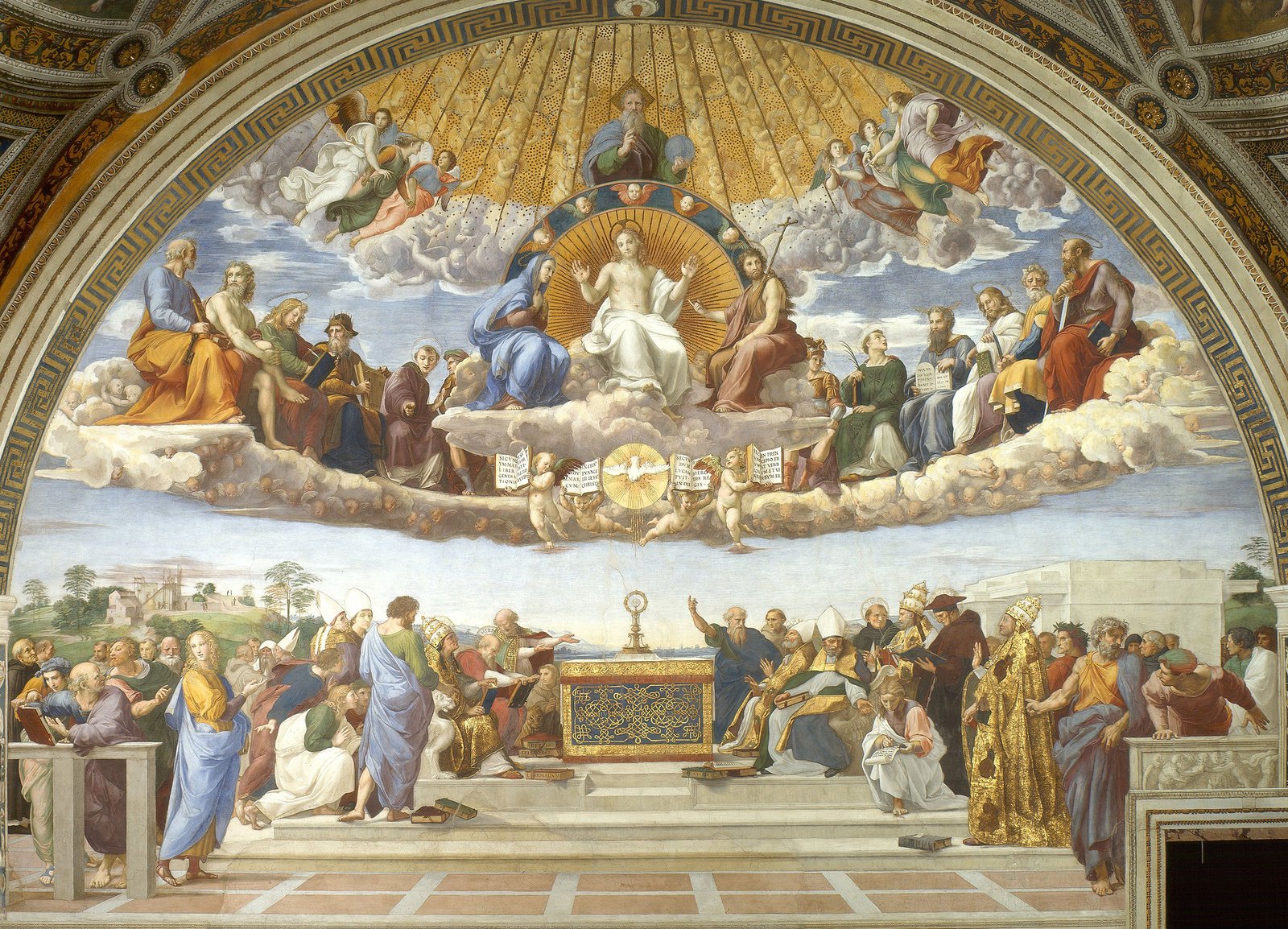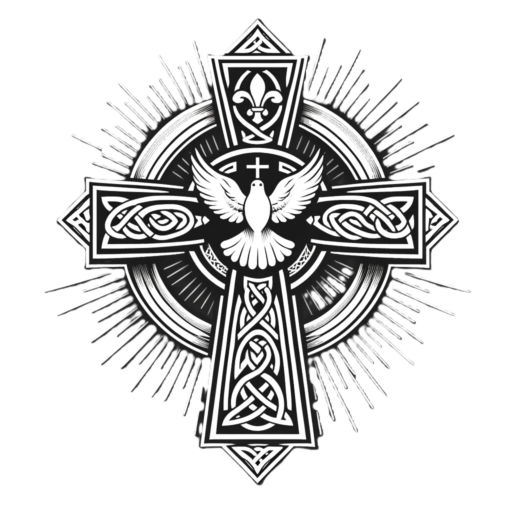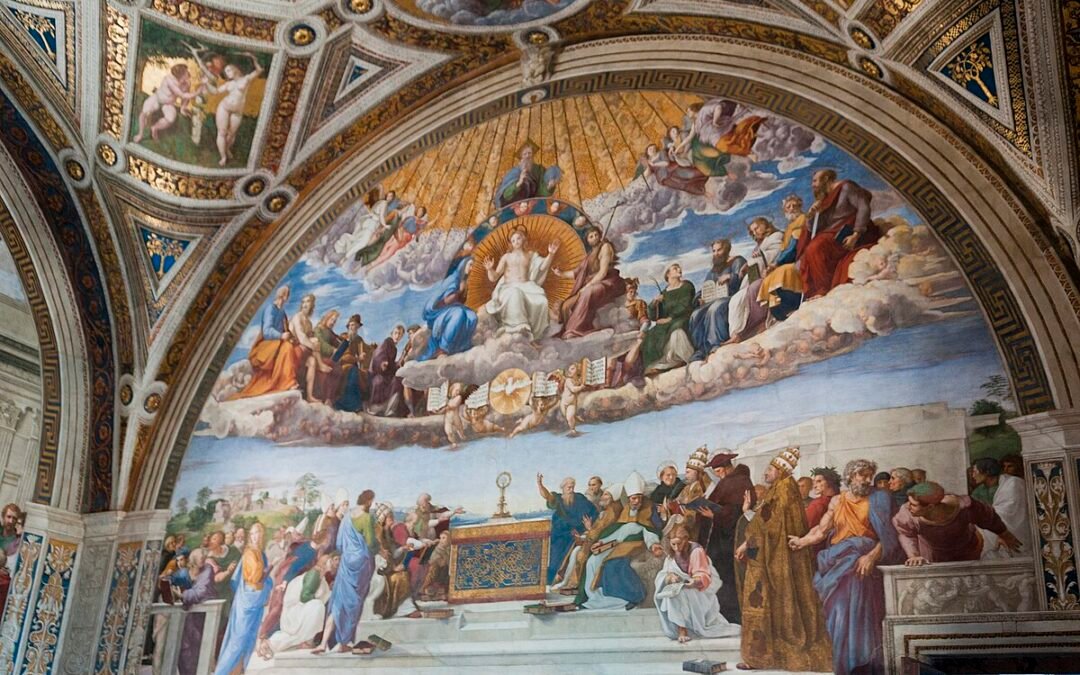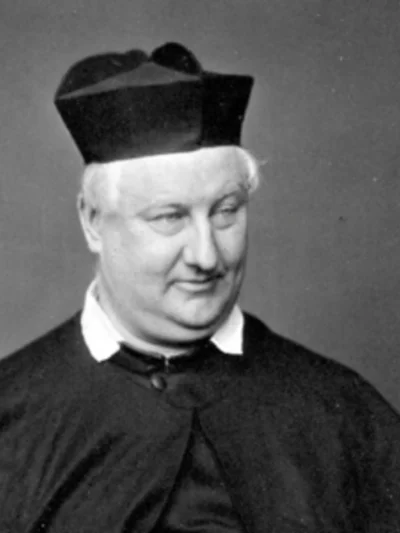10 Life-Changing Quotes about the Blessed Sacrament

If we seek a disclosure of His love, where shall we find it more strikingly or touchingly than in the Blessed Sacrament?
St. Thomas says that the Blessed Sacrament is the compendium of all miracles; for in it we behold one Body at one time in all Hosts, and in all parts of all Hosts, and that without extension.
It is not only gifts and graces which He gives us here, but He Himself is the gift, He Himself is the grace. Calvary was not enough. [for Jesus]
See too how sweetly the wisdom of God is reflected in this heavenly mystery! It was the invention of Jesus to stay in the world even when He was quitting it;
For the bread we eat is nothing less than eternal life. We cannot break it, divide it, diminish it, corrupt it, even though we eat it. It is whole and equal in each part, and a million others eat it with us and will continue to eat it until the end of time
Now, if there is one dignity of the Blessed Eucharist which is more undeniable than another, it is that it is the queen of sacraments.
No others can compare with it; for while the others bring us the precious gifts of Jesus, this brings us what is unspeakably more precious: Jesus, God and Man, Himself.
In the others, there are special graces; in this, the fountain of grace Himself.
The quote highlights that the Blessed Eucharist is the most important sacrament because it doesn’t just provide gifts or graces from Jesus but offers Jesus Himself. While other sacraments give special graces, the Eucharist gives the source of all grace: Jesus, God and Man.
Remember, all these great things which we have been thinking of do not have to do with some past mystery, like the creation of the world…
It would hardly be an exaggeration to say that from the contemplation of the Blessed Sacrament alone we could draw all that we know of God’s goodness and dispositions towards us.
Adoration of the Blessed Sacrament is the most noble of all acts of worship, for it is the worship of God Himself present among us.
The Eucharist is the pledge of our future glory. It is the bread of life, giving us a foretaste of Heaven and a promise of eternal happiness.
Review of "The Blessed Sacrament" written by Fr. Faber
Title: The Blessed Sacrament: The Works and Ways of God
Author: Father Frederick William Faber
Genre: Christian Spirituality, Devotional Literature
Publication Date: 1855
Publisher: TAN Books
Introduction
Father Frederick William Faber, a prominent English theologian and hymn writer, offers a profound exploration of the Eucharist in his book “The Blessed Sacrament.” This work is a testament to Faber’s deep devotion to the Catholic faith and his exceptional ability to convey complex theological concepts in an accessible and heartfelt manner. “The Blessed Sacrament” remains a significant contribution to Catholic devotional literature, enriching the spiritual lives of its readers.
Summary
“The Blessed Sacrament” is a comprehensive treatise on the Eucharist, reflecting Father Faber’s deep reverence for this central mystery of the Catholic faith. The book is divided into several sections, each examining different aspects of the Blessed Sacrament, including its theological foundations, its role in personal piety, and its impact on the spiritual life of the faithful.
Faber begins by explaining the theological significance of the Eucharist, highlighting its roots in Scripture and Tradition. He emphasizes the real presence of Christ in the Eucharist, a doctrine central to Catholic belief, and explores the transformative power of receiving the Sacrament.
The book then transitions to a more practical discussion, offering guidance on how to cultivate a deeper devotion to the Eucharist. Faber provides meditations, prayers, and reflections aimed at helping readers experience the profound spiritual benefits of Eucharistic adoration and frequent reception of Holy Communion.
Key Themes
- Real Presence of Christ: Faber articulates the Catholic doctrine of the real presence, explaining how Christ is truly present in the Eucharist and how this mystery is a source of immense spiritual nourishment.
- Eucharistic Devotion: The book offers practical advice on how to deepen one’s devotion to the Blessed Sacrament, including meditative practices and prayers that can be incorporated into daily life.
- Transformative Power: Faber discusses how the Eucharist has the power to transform individuals, drawing them closer to Christ and enabling them to live more holy and virtuous lives.
- Communal and Personal Aspects: The book highlights both the communal aspect of the Eucharist, as the source and summit of Christian life, and its deeply personal impact on the soul of the individual believer.
Strengths
- Profound Spiritual Insight: Father Faber’s deep spiritual insights and theological knowledge are evident throughout the book. His ability to convey complex ideas in a relatable and heartfelt manner makes the book accessible to a wide audience.
- Practical Guidance: The inclusion of practical advice, prayers, and meditations makes the book not just a theological treatise but a useful guide for personal devotion.
- Inspirational Tone: Faber’s writing is imbued with a sense of reverence and passion for the Eucharist, inspiring readers to develop a deeper love and appreciation for this Sacrament.
Weaknesses
- Dated Language: The book’s language, reflective of its 19th-century origins, might be challenging for some modern readers. However, the timeless spiritual truths it conveys outweigh this minor hurdle.
Conclusion
“The Blessed Sacrament” by Father Frederick William Faber is a timeless classic that continues to inspire and deepen the faith of its readers. Faber’s profound reflections on the Eucharist provide both theological insight and practical guidance, making this book an invaluable resource for anyone seeking to enhance their devotion to the Blessed Sacrament. Despite its dated language, the spiritual richness of this work makes it a must-read for Catholics and anyone interested in deepening their understanding of the Eucharist.




